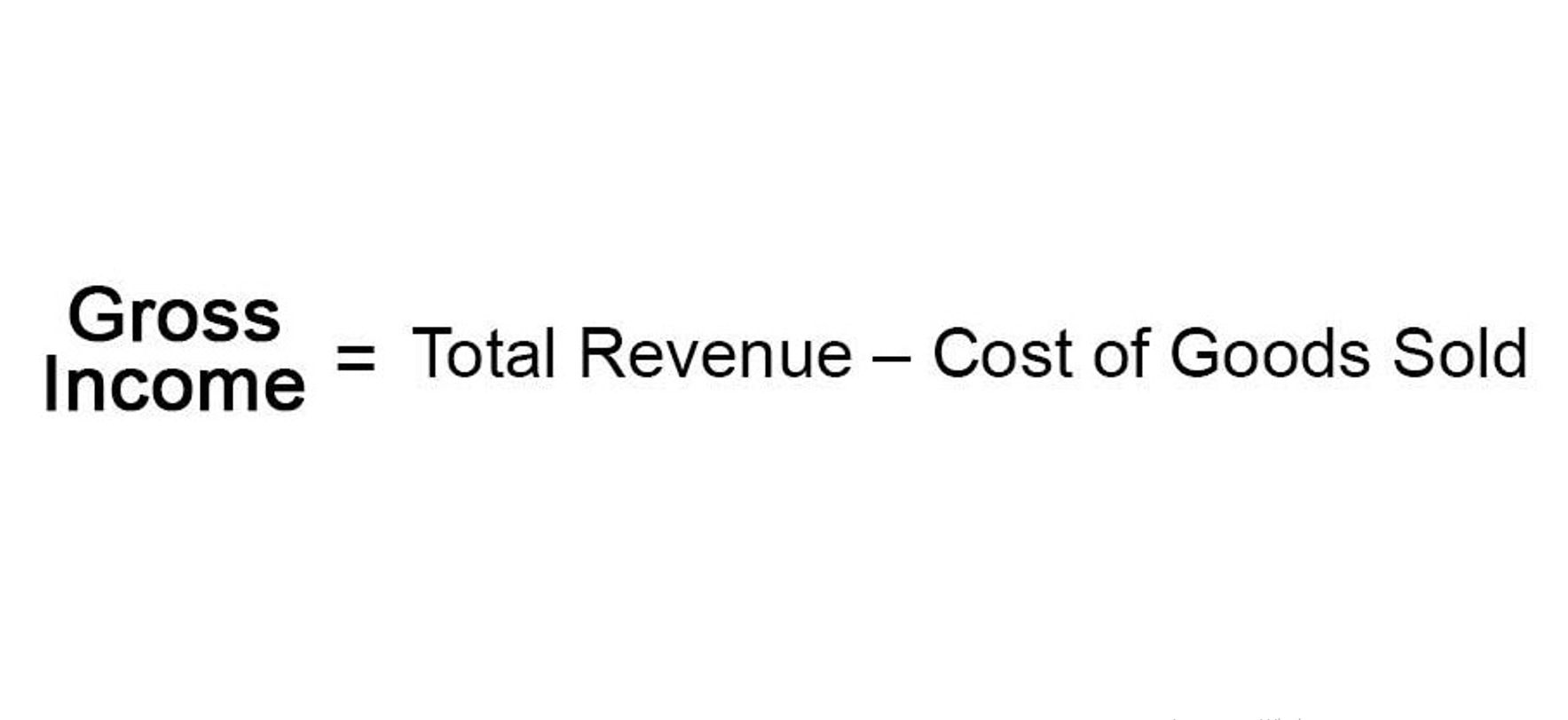Καλαμαριά
Διεύθυνση: Παπαντωνίου 12 (με Ιουστινιανού), Θεσσαλονίκη 55134
Τηλέφωνο: +30 23144 352 212
Κινητό: +30 6972 875 789
Περαία
Διεύθυνση: Ανθέων 3, Περαία 57019
Τηλέφωνο: +30 2392 111 184
Κινητό: +30 6972 875 789
Καλαμαριά
Διεύθυνση: Παπαντωνίου 12 (με Ιουστινιανού), Θεσσαλονίκη 55134
Τηλέφωνο: +30 23144 352 212
Κινητό: +30 6972 875 789
Περαία
Διεύθυνση: Ανθέων 3, Περαία 57019
Τηλέφωνο: +30 2392 111 184
Κινητό: +30 6972 875 789

For residential rentals, the IRS allows depreciation over 27.5 years using the straight-line method, meaning you deduct the same amount annually. This is usually the property’s purchase price plus improvement contra asset account costs, minus the land value. The IRS Publication 527 offers a complete guide to depreciation for residential rental properties. For deeper insights into depreciation calculations, explore this resource from New Mexico State University.
Its cloud-based platform makes real-time collaboration between accountants and property managers possible. In this short article, you’ll learn the fundamentals for taking control of the accounting side of your real estate business. We hope this short guide gives you the tools to make an informed decision regarding your real estate business’s accounting practices. Take advantage of the information offered here and put your small business on the pathway to success.

This real estate accounting resource offers a good overview of essential financial metrics. By staying on top of your financials, you can proactively manage your business and position yourself for long-term success. Maintaining a clear separation between your personal and business finances is paramount. This practice not only simplifies accounting but also protects you from potential legal and tax complications. Opening separate bank accounts and establishing distinct real estate bookkeeping budgets for your real estate business is a fundamental step.

Real estate accounting focuses on tracking commission income, property expenses, depreciation, and investment Accounts Payable Management returns. It often includes property-level reporting, capital asset tracking, and income recognition tied to closings, which general accounting doesn’t typically require. At Bench Accounting, we handle your books, giving you more time to focus on securing the perfect properties for your clients. Our intuitive software automates the busywork with powerful tools and features designed to help you simplify your financial management and make informed business decisions. The information provided on this blog is for general informational purposes only, and should not be construed as business, legal, tax, accounting or financial advice. Readers should consult with a qualified professional before making any business, financial, or legal decisions.
Save time with automated accounting—ideal for individuals and small businesses. Identify and monitor operating expenses (OPEX) such as rent, utilities, and salaries. Distinguish these from direct costs tied to services, such as photography for listings or staging expenses. Sign up to receive our weekly newsletter and learn more about small business taxes and accounting from our experienced specialists. Receive our weekly newsletter to learn more about taxes and accounting for small business. Reviewing financial statements on a monthly basis is a good place to start, regardless of when you’re expecting commissions.

Real estate agents typically handle a wide range of financial tasks, such as managing client funds, preparing and reviewing contracts, and tracking income and expenses. In order to effectively manage their finances, real estate agents need to have a basic understanding of accounting principles and practices. Real estate agents should also be familiar with the accounting software and tools that are commonly used in the industry, such as QuickBooks Online. While often used interchangeably, bookkeeping and accounting are distinct. It’s the process of meticulously logging every detail – rents collected, mortgage payments, repair costs, and so on.